One of the most effective ways to get rejuvenated and restart afresh and anew in life is to have some sound sleep at night so that the brain, as well as the body, gets a chance to relax from the ordeals that go on throughout the day. Sleep and depression are interlinked, poor sleep may result in poor mental health.
However, hectic schedules and increasing levels of stress and tension in personal as well as professional lives decrease sleep time resulting in insomnia. Usually, the insomnia problem is more prevalent in women and old people.
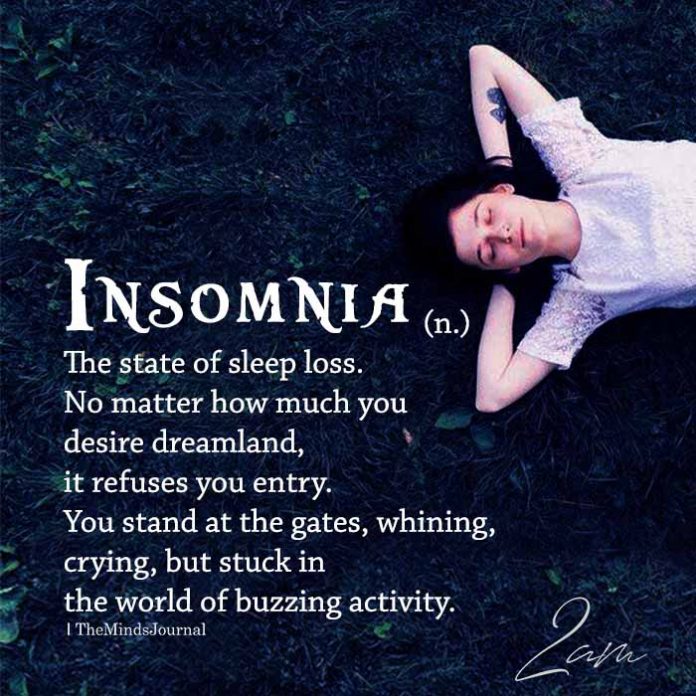
The women suffer because of the dynamic changes in the levels of hormones inside the body and the old people are more prone to chronic problems such as diabetes, asthma, etc. that do not let them sleep peacefully at night.
Causes, Symptoms Of Insomnia:
The issue of insomnia is very common and can be found in every one out of four people in the US. This is not a very healthy situation as sleep deprivation can lead to extreme situations because whenever an individual suffers from lack of sleep, the total balance of the body is disturbed. Your body and brain do not get enough time to relax owing to less amount of sleep, therefore, you tend to feel fatigued – leading to lack of energy or interest to do any kind of activity, which in turn affect the body fitness.
There is a vast literature on the link between sleep and depression. For example, people with insomnia have higher levels of depression and anxiety than those who get adequate sleep. They are 10 times as likely to have clinical depression. The more a person experiences insomnia and the more frequently they wake at night as a result, the higher the chances of developing depression.
Related: Insomnia 101: Causes, Symptoms Of Insomnia & How To Sleep Better
Following are the two major scenarios related to sleeplessness:
Obstructive Sleep Apnea
Obstructive Sleep Apnea (OSA) is a condition in which breathing stops involuntarily for brief periods of time during sleep as air doesn’t flow smoothly from the mouth and nose into the lungs. When sleep is disrupted over and over, it can alter brain activity and neurochemicals that affect a person’s mood and thinking.
According to a study of 19,000 people, those with obstructive sleep apnea were five times as likely to suffer from clinical depression.
Related: What Your Sleeping Position Reveals About Your Personality
Seasonal Affective Disorder
Seasonal Affective Disorder (SAD) is another peculiar condition that leads to sleeplessness mainly during the fall season when the night becomes longer and days become shorter. This decrease in sunlight during fall and winter may disrupt your body’s internal clock and lead to feelings of depression. A drop in serotonin, a brain chemical (neurotransmitter) that affects mood, might play a role in SAD.
This affects the circadian rhythm of a person that is also responsible for maintaining the sleep/wake cycle. Overtime poor quality of sleep results in insomnia. However, as soon as the spring sets in, the problem subsides to a great extent.
Nevertheless, whatever is the cause, it is important to maintain the standard sleeping timings and schedules so that the circadian rhythm and health of the body is not affected. This is because adequate sleep helps the body to re-energize, strengthens the immunity and cleanses the toxins from the system. Aside of that, sleeping also controls the emotional factors like mood, enhances the information processing capability and memorizing capacity of the brain.
Therefore, in order to avoid any health issue it is crucial to have a right amount of sleep.
The main factors that must be kept in mind are:
1. One must refrain from having too much caffeine or alcohol-related products because caffeine is a stimulant that can stay in your system for hours, making it harder to get to sleep and potentially contributing to insomnia.
2. It is advisable to do yoga, deep breathing or meditation before going to sleep. Also listening to soothing music notes may help a lot in having a good night’s sleep.
3. In order to prevent brain exhaustion, it is better to pen down a to-do list for the next day so that some amount of the anxieties are let out by writing. This will in turn help to have sound sleep.
4. Exercising and any other type of physical activity result in the release of endorphins that help to lift the mood and pep up a person who is suffering from depression. This, in turn, helps to sleep easily.
5. It is also wise to have a warm bath with some lukewarm water before going to bed and also maintain a cooler temperature of the bedroom. All these factors together will enable a person to have a better quality sleep.
Above all, it is vital that a person sleeps for at least seven to nine hours at night because this duration of sleep powers the mind, restores the body, and fortifies virtually every system in the body.
Sleeping less than this time frame can lead to exhaustion, bad temper and eventually other disorders. On the other hand, sleeping more than this normal time frame can create problems like elongated depression and breeds negativity as well.
The bottom line: It is extremely essential to have a well-balanced sleeping schedule to avoid problems like depression and insomnia.
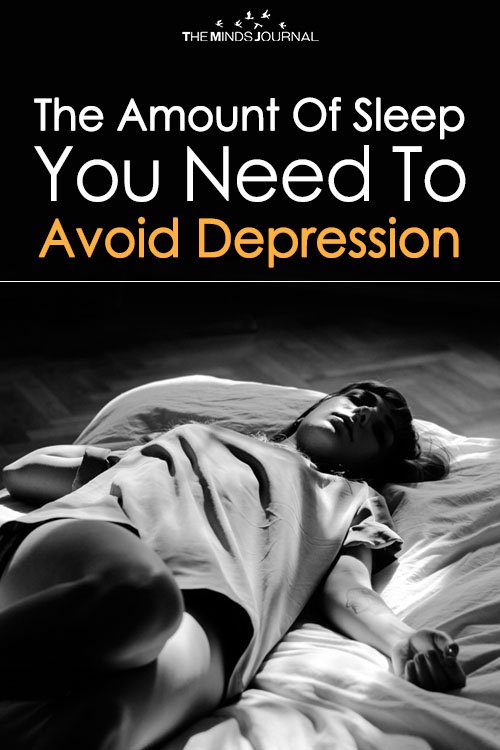
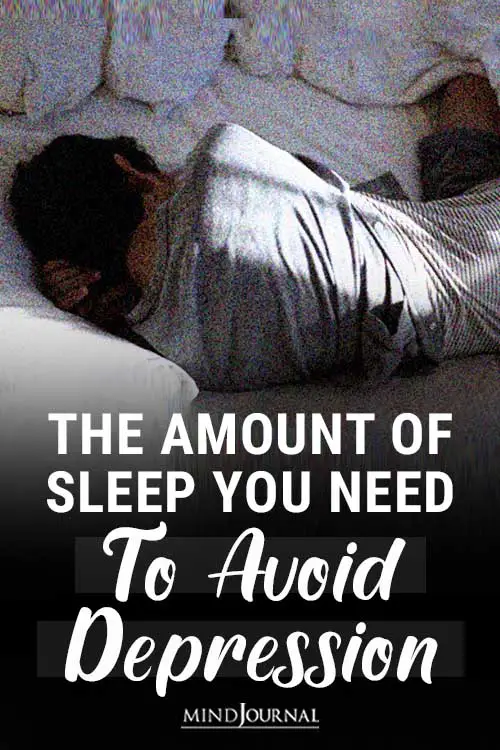
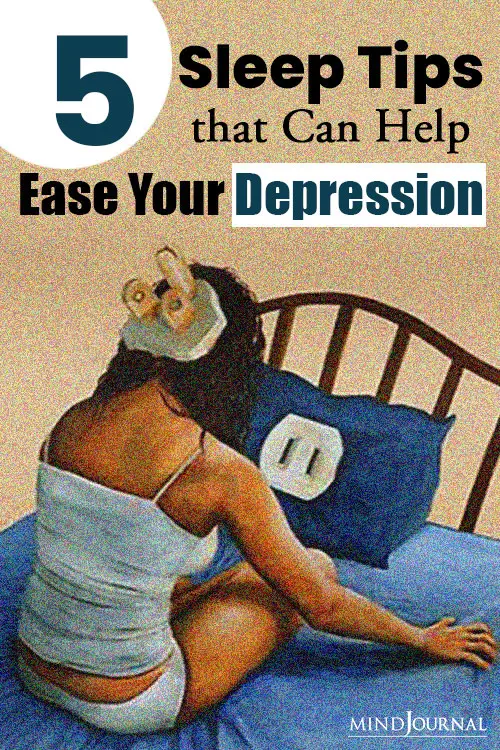
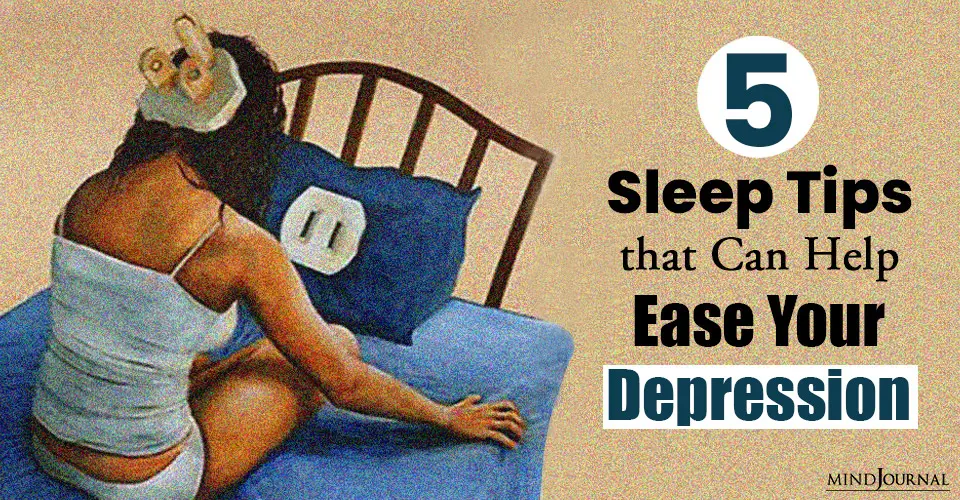
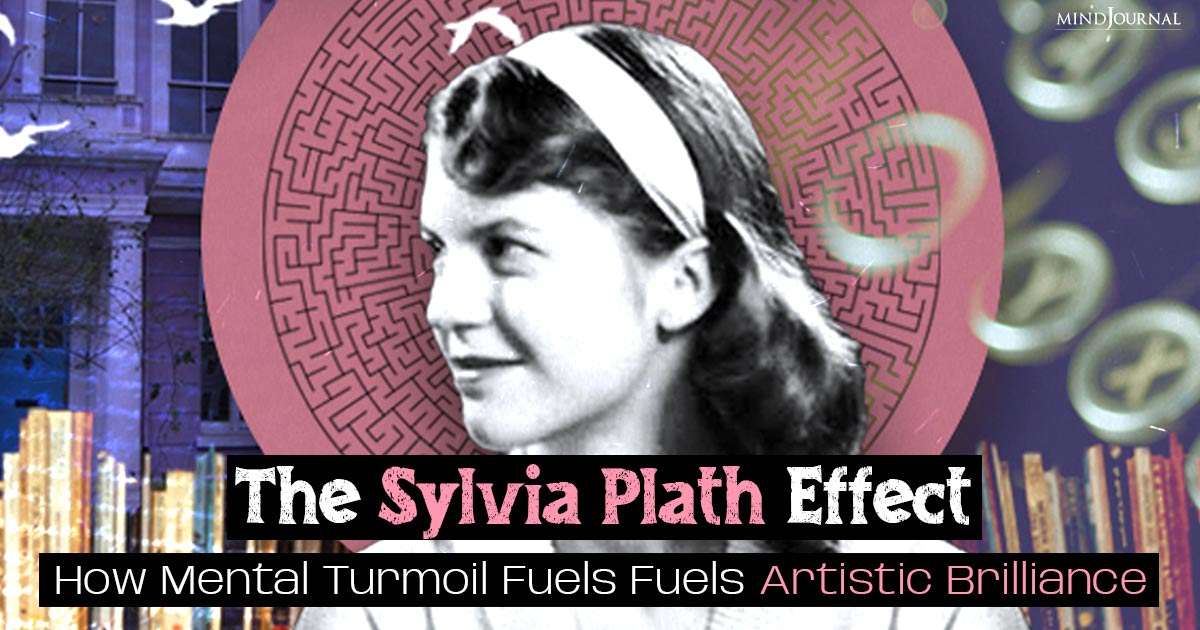
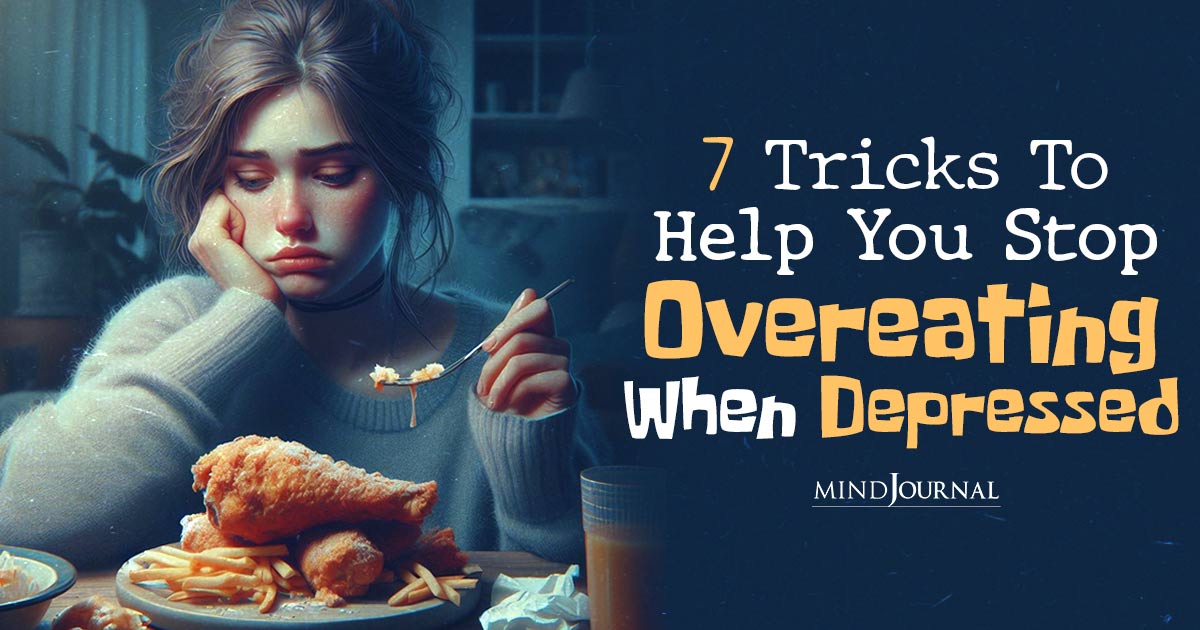
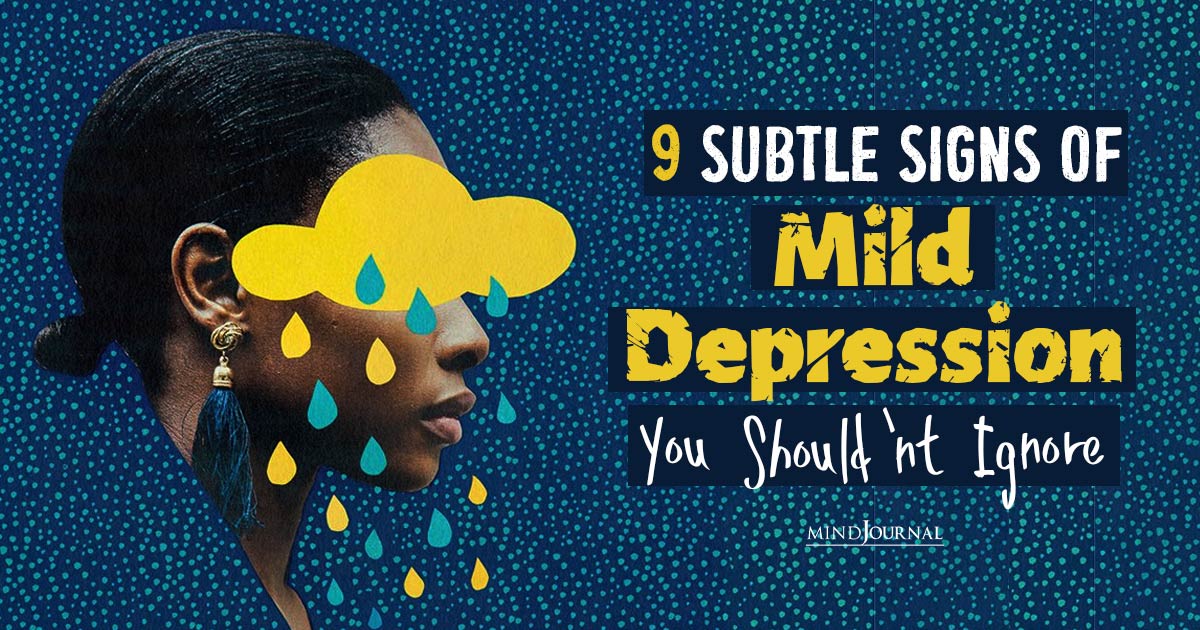
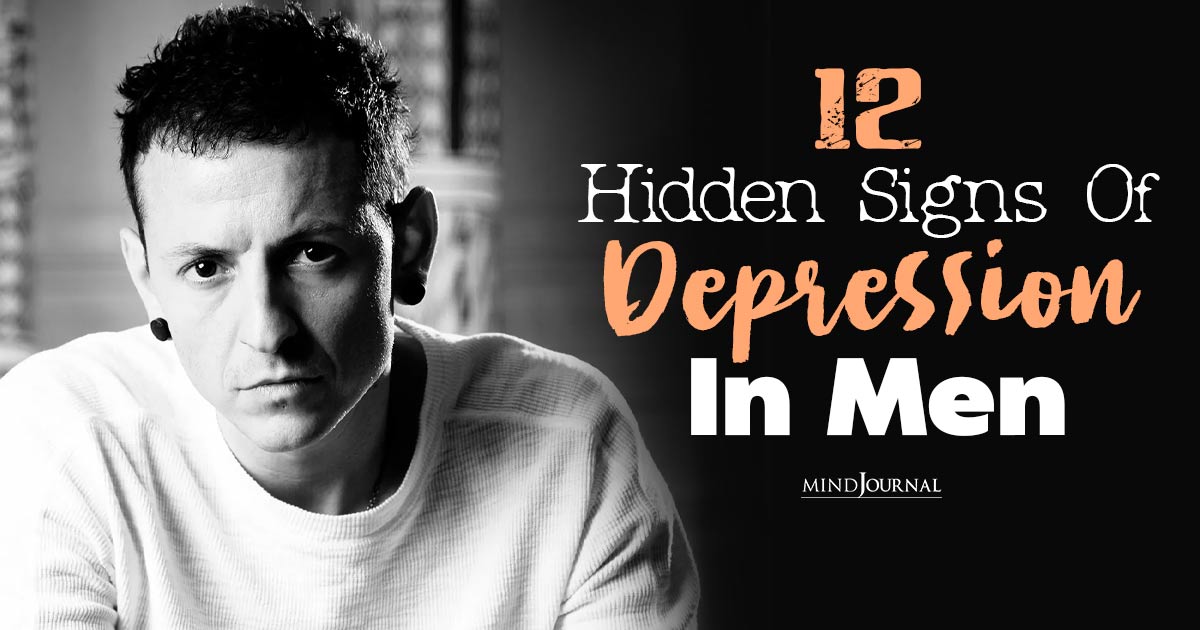
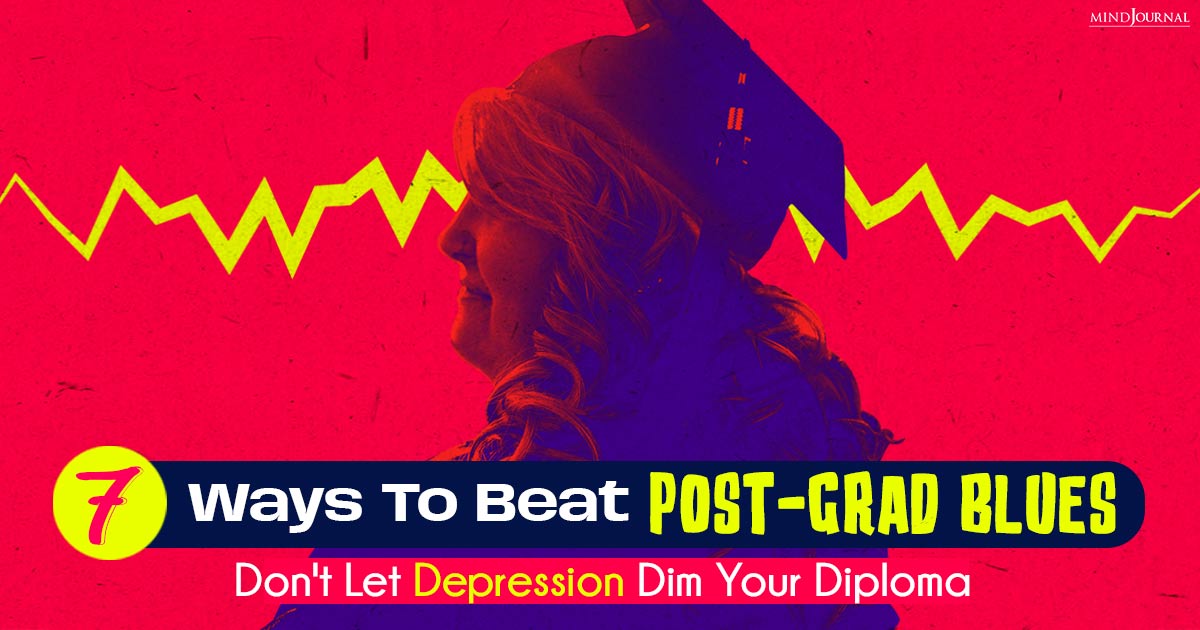
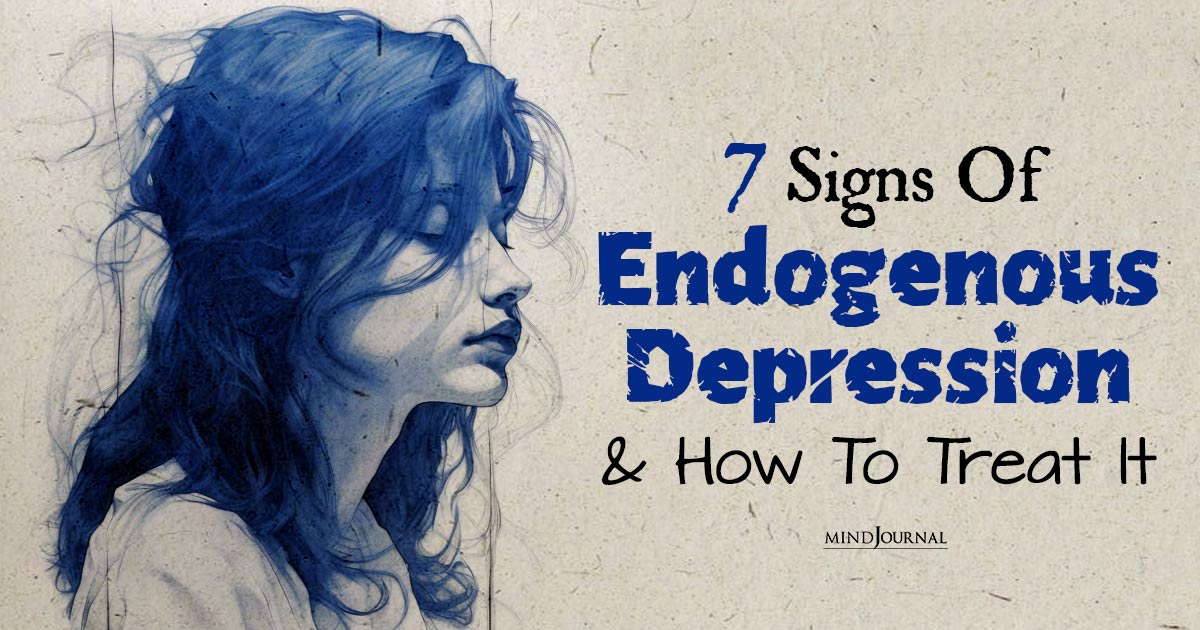
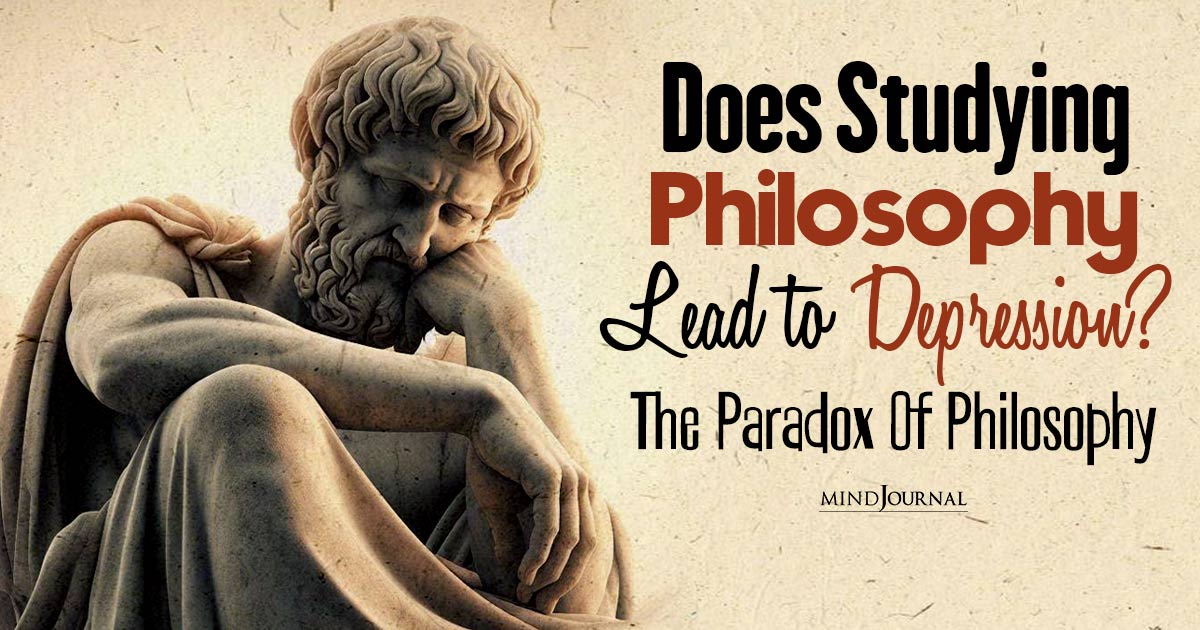
Leave a Reply
You must be logged in to post a comment.